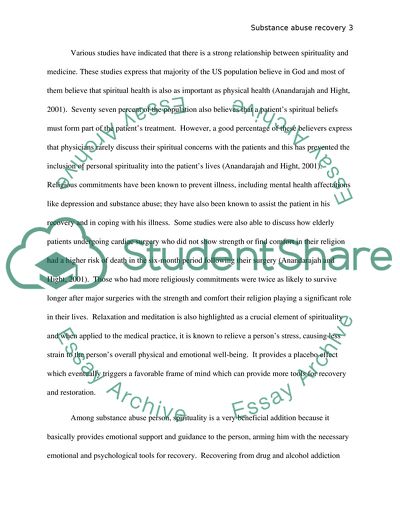Cite this document
(“The Effects of Spirituality on Substance Abuse Treatment Research Paper”, n.d.)
The Effects of Spirituality on Substance Abuse Treatment Research Paper. Retrieved from https://studentshare.org/health-sciences-medicine/1758596-the-effects-of-spirituality-on-substance-abuse-recovery
The Effects of Spirituality on Substance Abuse Treatment Research Paper. Retrieved from https://studentshare.org/health-sciences-medicine/1758596-the-effects-of-spirituality-on-substance-abuse-recovery
(The Effects of Spirituality on Substance Abuse Treatment Research Paper)
The Effects of Spirituality on Substance Abuse Treatment Research Paper. https://studentshare.org/health-sciences-medicine/1758596-the-effects-of-spirituality-on-substance-abuse-recovery.
The Effects of Spirituality on Substance Abuse Treatment Research Paper. https://studentshare.org/health-sciences-medicine/1758596-the-effects-of-spirituality-on-substance-abuse-recovery.
“The Effects of Spirituality on Substance Abuse Treatment Research Paper”, n.d. https://studentshare.org/health-sciences-medicine/1758596-the-effects-of-spirituality-on-substance-abuse-recovery.


